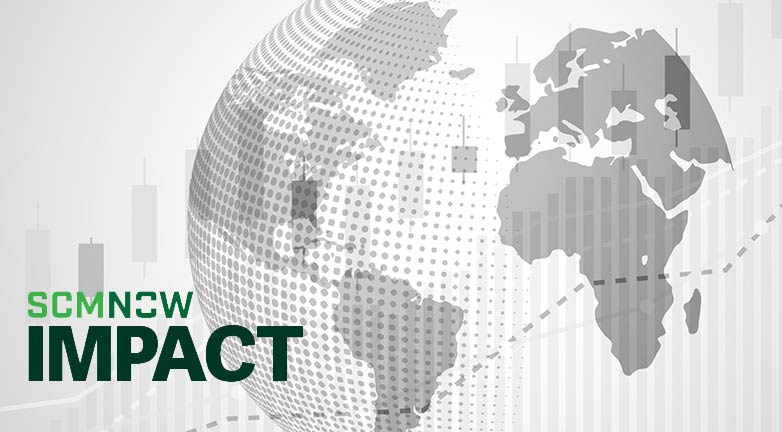From Our CEO

Exciting Tech Revitalizes the Value of Plastics
By ASCM CEO Abe Eshkenazi, CSCP, CPA, CAE
“For decades, product design, production, sale and use have followed the take, make and dispose industrial model,” writes SCM Now magazine “Relevant Research” author Richard E. Crandall, PhD, CFPIM, CIRM, CSCP. “The manufacturing company takes natural and synthetic resources; converts them to a product; and then sells the item to a consumer, who ultimately uses and then disposes of it. In this model, products are designed to be sold at a low price, are not intended to have long lives and are difficult to service.”
This traditionally linear economy too often creates substantial amounts of waste and exhausts natural resources. However, the concept of a circular economy — one in which all of the by-products of process A become the raw materials for process B — is emerging as one of the most promising trends in supply chain.
A circular economy fully exploits resources and “squeezes out every bit of value,” writes Supply Chain Strategist Deborah Dull in the ASCM blog. Such business models are on track to add $4.5 trillion to the global economy by 2030.
One organization actively pursuing this opportunity is BASF, which is using blockchain to improve the traceability of recycled plastics. Its pilot program is a response to what company leaders call “one of the most pressing environmental challenges — plastic waste.”
Furthermore, BASF believes the scalable blockchain solution will support the track and trace and monetization of plastics within its supply chain. “Much of the collection and sorting activities are challenged by manual processes and material contamination,” BASF Canada President Marcelo Lu said in a media release. “Additionally, traceability is a concern as new commitments start to emerge from brand owners and retailers.”
A successful implementation will result in “a collaborative digital consortium,” uniting plastic manufacturers, suppliers, government entities, retailers, waste collectors and recyclers in the mission to keep the lives of plastic molecules circular, explained Anthony DiPrinzio, who leads the BASF Blockchain Lab, in the release.
Last week, Gartner released a survey, which found that 70% of supply chain leaders are planning to invest in the circular economy in the next 18 months. The research shows that blockchain is just one tool supporting circular economy goals. Gartner says organizations are also tapping into the capabilities of advanced analytics, 3D printing, the internet of things and machine learning.
Sarah Watt, Gartner senior director, notes that businesses are embracing this trend because the circular economy creates an ecosystem of materials: “What was previously viewed as waste now has value.”
Full circle
BASF is using innovative methods to realize this value. Interestingly, the company has been recognized before for its efforts to blaze trails and find solutions to pressing problems. The organization is a past winner of the ASCM Awards of Excellence — the premier supply chain awards program for corporations and individuals.
The Call for Entries is now open, giving you the chance to be the next to join this distinguished list of honorees. The corporate award categories are:
- Corporate Transformation
- Learning and Development
- Making an Impact.
The individual award categories are:
- Emerging Supply Chain Leader
- Supply Chain Leader
- Diversity and Inclusion Champion
Learn more and enter today at ascm.org/awardsofexcellence. Good luck!